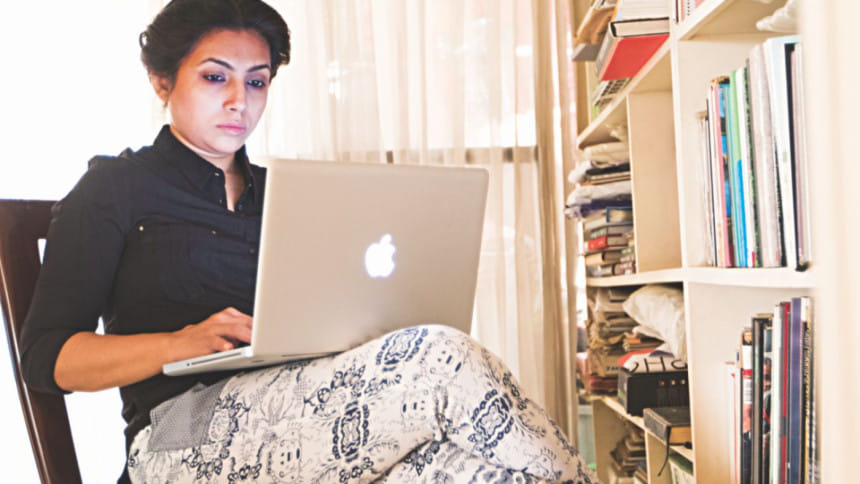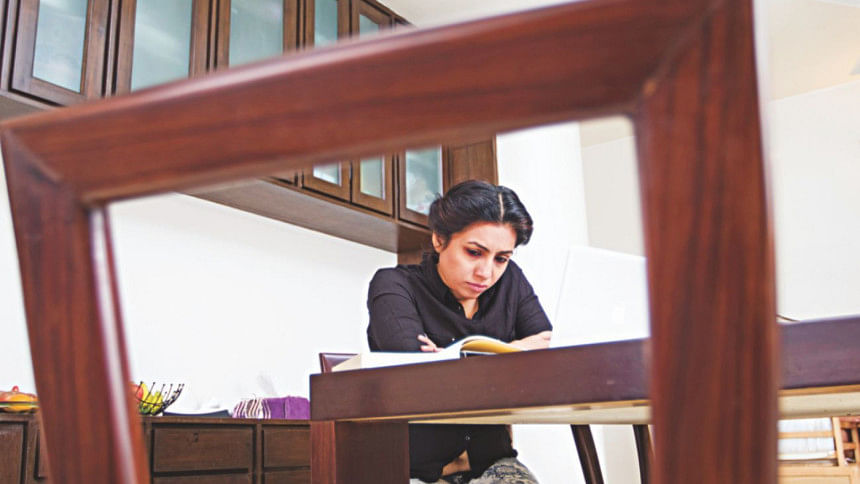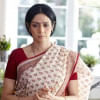Celebrating Our Women

Today marks International Women's Day, a celebration of women all over the world and their achievements – a day that has been observed since the 1900s. Women began freeing themselves of the oppression and inequality and started demanding more rights for themselves, to be seen as equals instead of a lesser species.
Interwoven with the behemoth feats accomplished by women from time immemorial are the small lessons passed down to us by the women in our own lives – our mothers, sisters, aunts, grandmothers. Despite being on different scales and across different timelines, they shaped our lives just as much as social, political, cultural and economic changes have. It is truly humbling to think about the sacrifices these women have made in order for our lives to be the way they are today.
The invaluable lessons taught to us by our mothers, and our mothers' mothers, are ones that we will surely pass on to our own children, should we choose to have them. Mother's Day itself is a specific date set aside to celebrate the maternal figures in our lives but we should also look at these same women in a greater context. The struggles they have gone through in order to be where they are now, the inequalities our grandmothers and great grandmothers faced in order to raise children in a world where they were seen and treated as inferior, is nothing short of inspirational.

Today's political landscape is vastly different to that of several decades ago – we women have more rights thanks to the first wave of feminism. The feminism that we know today is not what our ancestors fought for. Many people associate the term 'feminism' with misandry – the hatred of men. There are women who are ashamed to call themselves feminists because of the negative implications the word now bears. The goals that feminism initially set out to achieve – the right to vote, own property, receive an education – may have been conquered but there are still issues with gender parity in this day and age – and that is the theme of this year's International Women's Day. It is a day on which we should focus on why there is still disparity, why men and women aren't equally represented in the world, why there is still so much violence against women. The latter is an issue that is still so incredibly prevalent in Bangladesh – with the number of cases of rape, acid violence, sexual harassment and domestic violence that are reported, it is chilling to think about how many go unmentioned for fear of being stigmatised, or punished for speaking out – and more often than not, killed.

In order to make huge strides overseas for any movement, we must start at home. UNICEF has recognised key areas in terms of gender parity that, once addressed and achieved, will ensure that more women in Bangladesh have the chance to strive for greatness. By improving the quality of basic education, ensuring that, from childhood throughout adolescence, girls have access to an adequate education system that will consistently provide them with academic qualifications and life skills, they will gain the confidence needed to be active members of the community. They will have the confidence needed to seek jobs in sectors that don't involve domestic work. They will be inspired to aim higher and reach their full potential.

While UNICEF works on an international level, there are organisations on a smaller, local scale working towards securing more rights for women. A pioneer of this movement is Bangladesh Mahila Parishad (BMP), established in 1970. It's made up of volunteers working nationally to protect the constitutional rights of women in this country, with their manifesto stating aims to promote political participation of women, to establish an equity-based society for men and women, and to fight against violence towards women. Their slogan is "Women's Rights are Human Rights" and it outlines just how crucial this movement is, and that it has never been about being against men, but being for women. Similarly, Naripokkho, set up in 1983, is another organisation that is making strides in achieving equality for women in this country, having conducted numerous campaigns to educate and build resistance against violence and discrimination against women, working in police stations, courts and hospitals.
These organisations, and many more, aren't controlled by male-dominated party politics. They're run by women, for the betterment of society as a whole. More and more women in this country are becoming empowered. They are more aware of their rights now and fight to be seen as equals in a society that is very much male-dominated. The saying "Rome wasn't built in a day" comes to mind because these changes aren't overnight and they aren't instantaneous. With the combined efforts of both men and women, Bangladesh as a whole can and will advance by miles in any given sphere. It all starts with education – to teach our girls that they are always worth something.
By Zahrah Haider
Photo: Sazzad Ibne Sayed
Model: Reetu Sattar

 For all latest news, follow The Daily Star's Google News channel.
For all latest news, follow The Daily Star's Google News channel. 








Comments